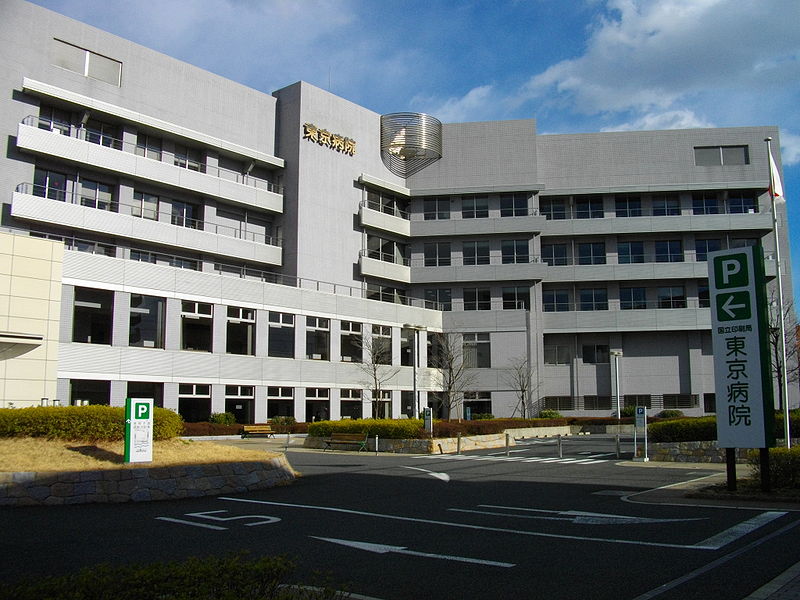2013 has been an eventful year for China’s health care industry. There were several investigations into allegations of corruption and bribe-taking by doctors. The ensuing government crackdown dampened sales among both domestic and multinational drug firms. While “incentives” such as leisure trips for doctors, billed as conferences, are believed to have long been a common industry practice, the issue has not drawn much attention in recent years. The widespread distrust of doctors and hospital staff in China, along with often poor health care services, have led to a string of recent physical attacks on health care workers. Disgruntled patients and their relatives have resorted to violence. And while violence against doctors is also nothing new, what has been a growing trend is the rising frequency and severity of the attacks. Some doctors have taken to the streets to ask for understanding and justice from their communities and some hospitals have even offered self-defense lessons to hospital staffers.
Corruption in China’s health care industry is believed to be fueled in part by the low base pay of doctors in not-for-profit public hospitals. While most Chinese hospitals are not-for-profit public hospitals, government funds provide only a small portion of a hospital’s needs. As a result, many hospitals rely on drug sales to make ends meet. It’s also typical for a doctor in larger state-run hospitals to see as many as 50 patients a day. Some of these doctors have also turned to other methods, such as collecting commissions from pharmaceutical companies whose drugs they promote, to supplement their income. Many patients are aware of this but feel they have little choice but to follow doctors’ orders.
In my view, unless public hospitals are allowed to increase their fees, and unless doctors at state-run facilities are paid as well as those from private hospitals, industry corruption seems likely to persist. The government seems aware of this. During its recent Third Plenary meeting, China’s leadership pledged to reform the performance evaluation and incentive system in hospitals, encourage the development of more private hospitals and allow doctors to practice at multiple sites. These measures are good news, although easier said than done. In my opinion, these reforms are necessary, especially as China continues to struggle with a rapidly aging population. The industry will need to adapt to tackle the country’s long-term health care challenges, however, it is demonstrating an encouraging willingness to do so.
Hardy Zhu, Research Analyst at Matthews Asia
The views and information discussed represent opinion and an assessment of market conditions at a specific point in time that are subject to change. It should not be relied upon as a recommendation to buy and sell particular securities or markets in general. The subject matter contained herein has been derived from several sources believed to be reliable and accurate at the time of compilation. Matthews International Capital Management, LLC does not accept any liability for losses either direct or consequential caused by the use of this information. Investing in international and emerging markets may involve additional risks, such as social and political instability, market illiquidity, exchange-rate fluctuations, a high level of volatility and limited regulation. In addition, single-country funds may be subject to a higher degree of market risk than diversified funds because of concentration in a specific geographic location. Investing in small- and mid-size companies is more risky than investing in large companies, as they may be more volatile and less liquid than large companies. This document has not been reviewed or approved by any regulatory body.
